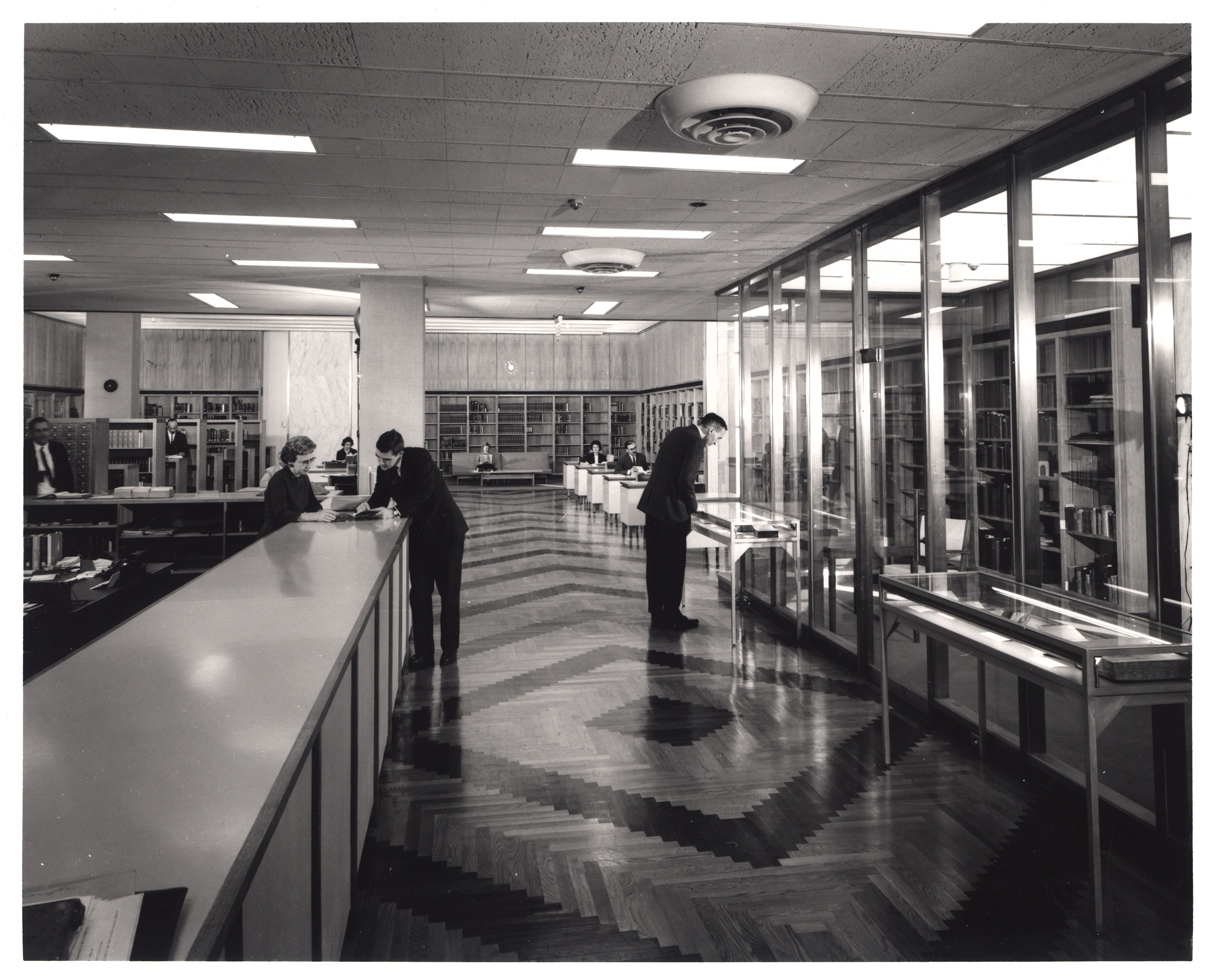In this open-ended series, SCINQ digs into issues being faced by scientists around the world. It’s a wide range of experts discussing their fields in their own words.
What is the biggest ethical question to arise as a result of the COVID-19 pandemic?
Naomi Zack (Lehman College, CUNY): In an ethical question, human life or well-being is at stake. The biggest ethical question resulting from the coronavirus pandemic is, How much do we as a society and as individuals value human life and well-being?
Iskra Fileva (U of Colorado):
I think that the pandemic raised several ethical and philosophical questions, for instance: how should we allocate scarce resources such as ventilators and hospital beds?
Clare Palmer (Texas A&M) and Bob Fisher (Texas State University): The Covid-19 pandemic has raised challenging questions about the balance between protecting personal liberty and promoting the collective good.
What is the biggest question facing the current COVID-19 (coronavirus) outbreak?
Richard Sugrue (NTU): In my opinion the big question is actually two closely related questions. How did SARS-CoV-2 enter the human population, and how will SARS-CoV-2 evolve as it circulates in the human population?
Dr. Susan Kline (U. of Minnesota): How does it spread from human to human? Does it spread through the airborne route? Or is it mostly droplet? #coronavirus.
Katherine Mason (Brown University): I’m going to take a bit of an anthropological copout here and say that this question very much depends on where you sit. #coronavirus
Lisa Gralinski (UNC Gillings School of Public Health): What is the source of the new virus? What is its natural reservoir and how did it transmit to people?
Gregory C. Gray (Duke University School of Medicine): If the 2019-nCoV is circulating in a domestic animals then we are likely to see continual exposures no matter how well we isolate 2019-nCoV infected patients and quarantine their close contacts.
Peter Hotez and Maria Elena Bottazzi (Baylor College of Medicine): The biggest question is whether the Chinese can slow or halt this epidemic without a vaccine? Or will this spread across the country?
Current question: What is the biggest question facing your field?
Astrobiology –
- Jonathan Lunine’s work investigates how planets form and evolve, what processes maintain and establish habitability, and what kinds of exotic environments might host a kind of chemistry sophisticated enough to be called “life”. [Read]
- Alexander Rodin is an expert on planetary climates in the solar system. He heads the infrared spectroscopy lab at the Moscow Institute of Physics and Technology (MIPT) and has worked on the Mars Express and ExoMars projects. [Read]
Bacteriophage Therapy –
1. Lorenzo Corsini co-founded PhagoMed, a bacteriophage therapy company based in Vienna, Austria, in 2017 and currently serves as CEO with a focus on research and development responsibilities.
2. Dr. Guy-Charles Fanneau de La Horie is the CEO of Pherecydes Pharma, a bacteriophage therapy company. He has over 20 years of experience in the pharmaceutical and biotechnology industries.
3. Benjamin Chan is an Associate Research Scientist in the department of Ecology and Evolutionary Biology at Yale University. His research has had him involved in the development of Virulence Targeting Antibiotics (VTA’s) and Resistance Targeting Antibiotics (RTA’s) using bacteriophages.
Wildlife Conservation —
1. Dr. Gabby Ahmadia is a marine scientist with the World Wildlife Fund. She set aside some time to answer The Big Question in global wildlife conservation.
2. Helen Meredith is the executive director of the Amphibian Survival Alliance. She set aside some time to answer the Big Question.
3. Edwin Tambara from the African Wildlife Foundation set aside some of his time to share his thoughts on the Big Question facing the conservation community in Africa.
General —
1. Pavel Volchkov heads the Genome Engineering Lab at the Moscow Institute of Physics and Technology (MIPT). It has several projects involving genome editing mediated by the CRISPR/Cas technology. [Read]
2. Aline Vidotto is an assistant professor in Astrophysics at Trinity College Dublin. She studies the interaction of exoplanets with their host star’s wind, and how the interaction can affect planetary habitability. [Read]
3. Megan Brickley is an anthropology professor at McMaster University and holds the Canada Research Chair in the Bioarchaeology of Disease. She has been engaged in a series of research papers looking at ways that the body records serious deficiencies of Vitamin D — also known as rickets. [Read]
4. Ngai-Man (Man) Cheung is a researcher with the Information Systems Technology and Design Pillar at the Singapore University of Technology and Design. His research interests are image / signal analysis, computer vision and machine learning with applications to health care. [READ]
5. Olga Dudchenko, is a post-doc in the Department of Molecular and Human Genetics in the Erez Aiden lab at Baylor College of Medicine. [READ]
6. Yuri Kovalev is an astrophysicist with the Lebedev Physical Institute of the Russian Academy of Sciences in Moscow. [READ]
7. Wang Qing focuses on understanding everything from “charge propagations in mesoscopic energy conversion and storage systems, to the development of new approaches for advanced electrochemical/photoelectrochemical energy conversion and storage.” [READ]
8. Miljana Radivojevic is a post-doc researcher at the McDonald Institute for Archaeological Research, Department of Archaeology and Anthropology University of Cambridge. Her specific area of interest deals with the invention and innovation of prehistoric metallurgical processes in Eurasia. [READ]
9. Sarah Taylor Lovell is an Associate Professor of Landscape Agroecology at the University of Illinois, Urbana-Champaign. [READ]
10. Sara Del Valle is a computational epidemiologist at Los Alamos National Laboratory who uses mathematical models to predict the spread of diseases. [READ]
11. Muireann Irish is a cognitive neuroscience researcher with the Brain and Mind Centre/School of Psychology at the University of Sydney. SCINQ asked her The Big Question. She kindly indulged us. [READ]




